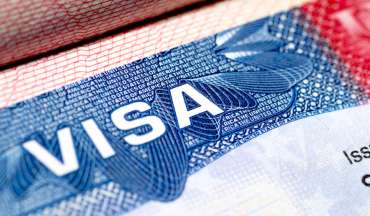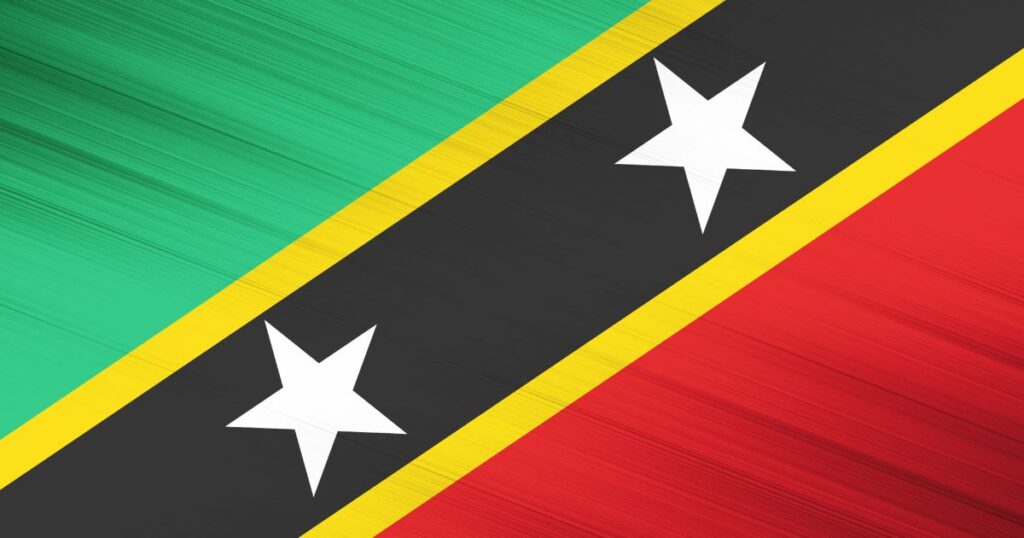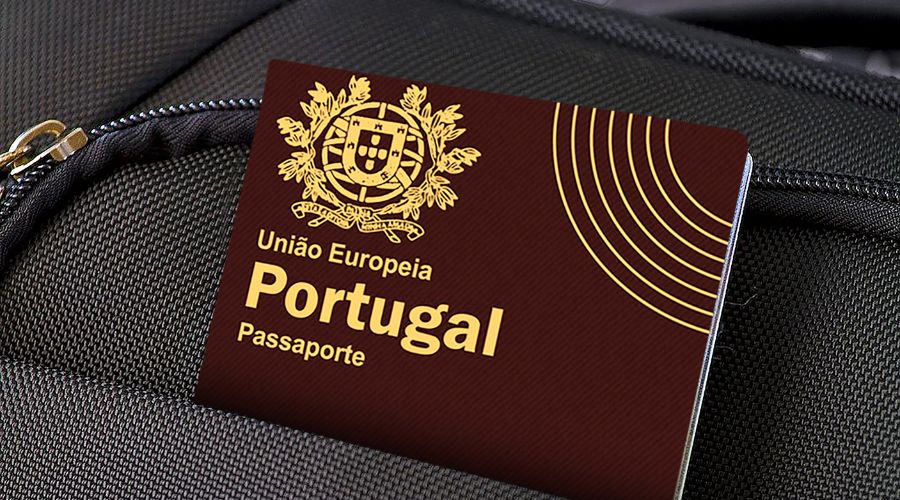US previously imposed visa restrictions on nationals of 13 countries in 2020. But the restrictions were lifted under Biden administration in 2021 with the new change in administration.
Biden Proclamation
On January 20, 2021, President Biden signed a Presidential Proclamation titled “Ending Discriminatory Bans on Entry to the United States.” This proclamation ends the travel restrictions under Presidential Proclamations 9645 and 9983 that had suspended entry into the United States of certain nationals, based on visa type, from Burma, Eritrea, Iran, Kyrgyzstan, Libya, Nigeria, North Korea, Somalia, Sudan, Syria, Tanzania, Venezuela, and Yemen. As of January 20, those restrictions are no longer in effect, and the State Department will pursue processing for applicants from those countries.
Visa Sanctions
When specific countries deny or delay accepting their nationals with final orders of removal from the United States, the U.S. government may issue visa sanctions as a means of encouraging the recalcitrant country to cooperate. In accordance with Section 243(d) of the Immigration and Nationality Act (INA), the Secretary of Homeland Security notifies the Secretary of State that multiple governments have denied or unreasonably delayed the acceptance of a national or nationals ordered removed from the United States.
Trump Executive Order
The 2017 Trump executive order listed seven countries and in 2020 six more countries were included in the visa ban in 2020 making a total of 13. The countries will be monitored once every six months. The Executive Order Proclamation by President Trump for six countries with new travel restrictions are Burma, Eritrea, Kyrgyzstan, Nigeria, Sudan, and Tanzania implemented on 12:01am on February 21st
The ban affects travel from 13 countries:
- Eritrea
- Iran
- Kyrgyzstan
- Libya
- Myanmar
- Nigeria
- North Korea
- Somalia
- Sudan
- Syria
- Tanzania
- Venezuela
- Yemen
Note: The list is subjected to change anytime.
Why these Visa restrictions?
These restrictions were implemented for non-cooperation and sharing of information related to international security and management.
1. Identity-Management Information
- Does a country issue modern, electronic passports?
- Does a country report on the loss of theft of their nationals’ passports to Interpol or directly to the U.S.?
- And, does a country share, on request, other identity information that we can use to validate the identity of the passport holder?
2. Information Sharing
- Does a country share information on known or suspected terrorists?
- Does a country share information on criminals in a manner that allows them to be identified prior to admission to the U.S.?
- And, does a country share examples of passports so we can train our officers to detect fraudulent documents or alterations?
3. Terrorism and Public Safety Risk
- Does the country pose an elevated risk to the United States due to terrorist travel, crime or illegal migration?
Scope of Restrictions
The Proclamation only restricts entry on certain categories of immigrant visas. Family members can still visit their loved ones, businesses can still employ qualified candidates, and other visits can take place on a temporary basis with a non-immigrant visa.
It also applies to intending immigrants abroad who have not yet received an immigrant visa. Intending immigrants abroad who have a valid visa, but have not yet entered the United States, may still do so—so long as they meet all other conditions of admissibility under the Immigration and Nationality Act. Legal permanent residents may continue to reside in the United States, as long as they continue to meet the terms of their residency.
| 13 Countries | Visa Restrictions |
| Iran, Iraq, Libya, Somalia, Sudan, Syria, and Yemen | Immigrant and Non-immigrant Visas |
| Burma, Eritrea, Kyrgyzstan, and Nigeria | Immigrant visas |
| Sudan and Tanzania | Diversity visas |
Iranian nationals will no longer be eligible for E-1 and E-2 trade and investment visas. Another important change is curbing birth tourism, effective from January 24, 2020 that no B-1/B-2 visas will be issued to those seeking to enter the US primarily to give birth.





